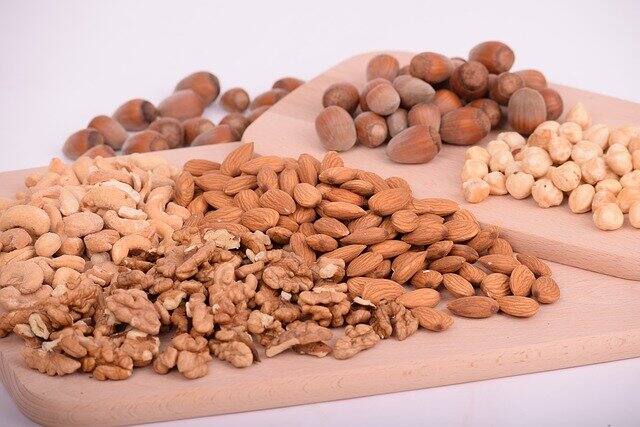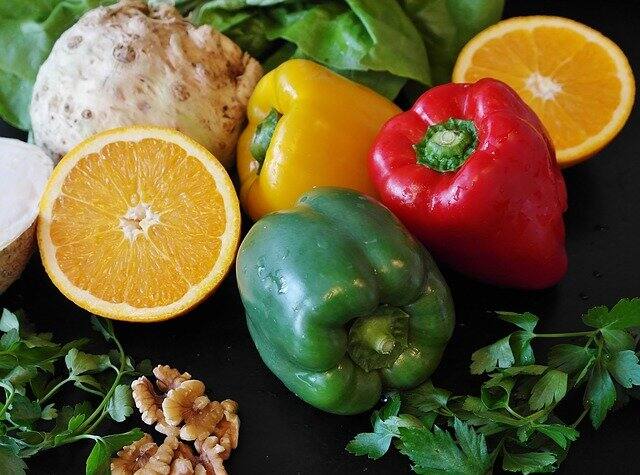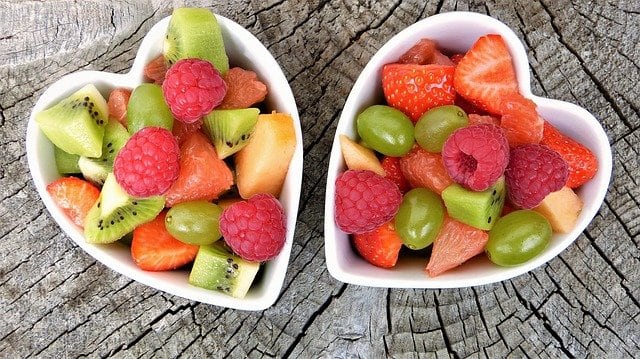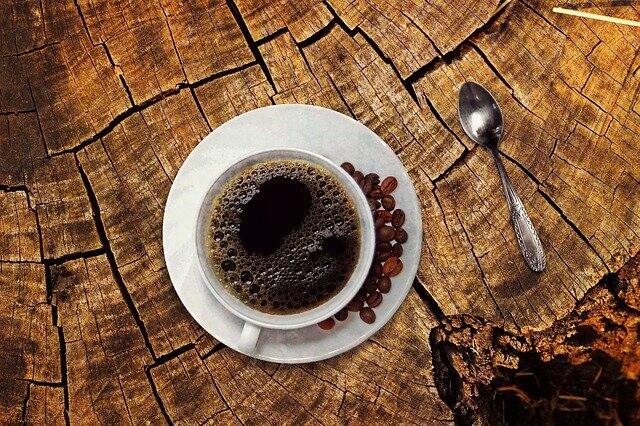Exclusive: Struggling with period cramps? Check out foods to eat and what to avoid to manage excruciating pain
Painful period cramps are medically called “dysmenorrhea” and it is triggered by the release of prostaglandins that contract the uterus.
- Leafy green vegetables can boost your iron levels, which can go down due to heavy bleeding
- Avoid sugar, caffeine, fried foods and alcohol during your periods
Trending Photos
) Pixabay and creative commons
Pixabay and creative commons New Delhi: Do you struggle with cramps when it is that time of the month when you are on your periods? Well, ladies, you are not alone. According to a study done by National Center for Biotechnology Information (NCBI), Menstrual pain was reported by 84.1 percent of women of which 43.1 percent reported that they experienced pain during every period. While mild and moderate pain is normal, if you experience extreme agony, consult a doctor immediately.
Painful period cramps are medically called “dysmenorrhea” and it is triggered by the release of prostaglandins that contract the uterus and expel the endometrial lining that is not crowned by the embedment of a fertilized egg. It can be controlled by taking supplements and a proper diet.
“There are specific nutrients the deficiency of which could lead to premenstrual and menstrual cramps – like Magnesium, Vitamin E and Vitamin D,” shares food coach and nutritionist Anupama Menon.
She further added, “Vitamin E helps with increased blood flow in the uterus which goes a long way in pain management. B-complex vitamins containing B1 and B3 could give relief from period cramps”. Anupama however cautions it is important to consult a nutritionist before adding supplements to your diet.
But you can make easy changes in your eating habits to manage period cramps.
Eating right to avoid deficiencies of the important nutrients that improve blood flow and keep the uterus healthy is vital for a pain-free period.
Below are foods suggested by nutritionist Anupama Menon to manage period cramps:
Nuts ands Seeds: Nuts and seed are king! Almonds, peanuts, flaxseeds, sesame seeds and pumpkin seeds provide Vitamin E, B-complex vitamins and omega 3. So go ahead and have a mixed handful of these daily.

Vegetables and Fruits: Flavonoids (colour pigments in fruits and vegetables) can reduce dysmenorrhea by a staggering 50 percent. So include a variety of colours in your vegetable tray and fruit basket. Check out some suggestions:

- Green: Dark green leafy vegetables like spinach, kale, cabbage, beet greens, broccoli, methi, green apples, avocado, green grapes.
- Red: Tomatoes, red bell peppers, beets, radish, apples, strawberries, cherries.
- Yellows: Corn, squash, yellow peppers, pumpkins, pineapple, star fruit.
- Orange: Sweet potatoes, squash, carrots, papaya, oranges, mangoes.
- Purple: Beetroot, blueberries, egg plants, red cabbage, figs.

Besides these foods like tofu, soymilk, wheat germ, legumes (which contain iron and fibre) salmon, oatmeal, nutritional yeast, liver, tuna and mushrooms can provide a mix of these nutrients that help with the management of dysmenorrhea.
Foods to avoid period cramps
Just like it’s important to include certain foods in your diet, it’s important to moderate or highly reduce the intake of certain inflammatory foods like sugar, alcohol, caffeine, processed and fatty foods that can significantly append to the pain quotient.


Eating excess sugar can give you an immediate sugar rush which gives a spike in energy followed by a crash. This can worsen your mood. Caffeine and alcohol can cause water retention, bloating and dehydration.
Stay informed on all the latest news, real-time breaking news updates, and follow all the important headlines in india news and world News on Zee News.
Live Tv







)
)
)
)
)
)
)
)
)
)
